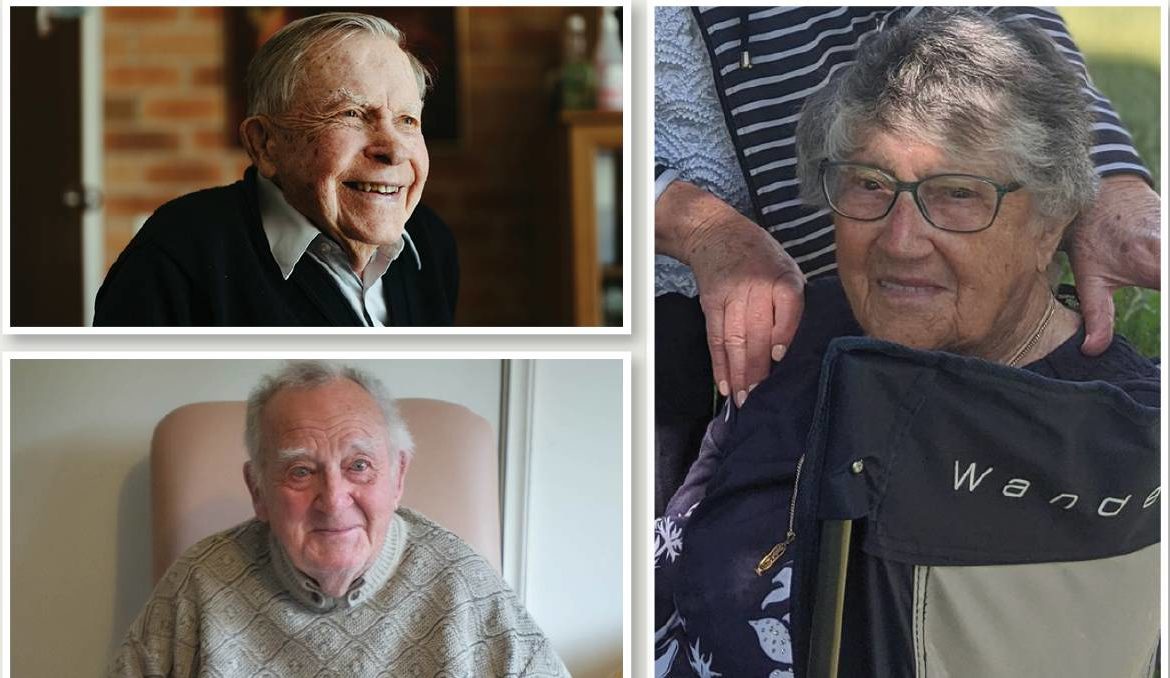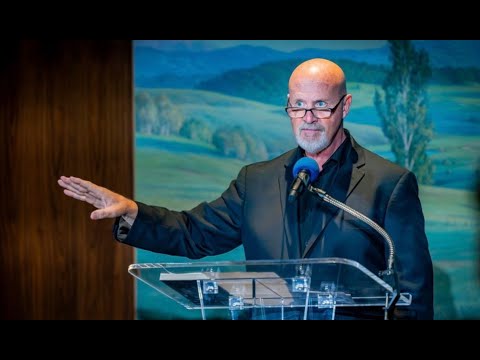news, latest-news,
One of my favourite jobs as a reporter, is to interview people when they turn 100. It may appear to be very small cheese when compared to stories about COVID-19 and politics and economics, but I always find the encounters uplifting and illuminating. And no 100th birthday can pass without asking the question – what has been their secret to long life? Funnily enough, it’s rarely the same answer. It could be a nightly nip of whiskey. It could be a lifetime of abstinence. Regular exercise. Crosswords. The love of family. Sheer genetics. Or luck of the draw. But, mostly, it seems to be, don’t sweat the small stuff. Enjoy life while you can. I met two 100-year-olds and a 101-year-old in the course of my work this year. That may sound like a high strike rate, but with Australians living longer, it’s inevitable. The last Census, in 2016, revealed there were 3565 people aged 100 or older in Australia. In the ACT, we had 53 people who were at least 100 not out. That figure has no doubt grown in the past four years. The Canberra centenarians I met this year were Emeritus Professor Malcolm Whyte, who turned 100 on October 26, and World War II veteran Roy Murphy, who turned 100 on August 26. Freda Ford, of Watson, turned 101 on Melbourne Cup Day this year, and just happened to be in the crowd one morning, listening to Canberra’s Alchemy Chorus and looking at least 30 years younger, her face tanned from her love of being outside and gardening. There definitely seems to be a Benjamin Button effect happening among our 100-year-olds. They don’t look or act their age, whatever that means. They are still living life. Professor Whyte, who was the foundation professor at the The John Curtin School of Medical Research, lives on the first floor of a unit block in Weston so it makes him climb the stairs every day. He has lunch with friends often and has renewed his driver’s licence for five years. It’s amazing to think these three were born just one or two years after the end of World War I. Professor Whyte and Mr Murphy both served in World War II. A gentle soul, Mr Murphy, originally from a farming family near Bungendore, now lives with his granddaughter and her family in Palmerston. Mr Murphy spent 1555 days on active service during World War II, discharged from the army in May 1946. He survived the bombings of Darwin, including a direct attack when he had to dive for cover and received shrapnel wounds to his leg. Quick to smile, Mr Murphy believed his secret to getting to 100 was simple. “I worked very hard on the farm all my life. Didn’t mix with any drinkers or anything like that,” he said. None of the centenarians made a fuss of having to live in an age of COVID-19. Maybe we could all learn from that. “I’m not doing anything I haven’t done before. I eat good meals and I look after myself. I love walking and being around the garden. And I feel good,” Mrs Ford said. Professor Whyte said he had “no particular trouble”, even at the height of COVID-19 this year. “The only difference to me, I suppose, was not going out for meals as much, taking a little bit of care about being so vulnerable,” he said. “I was shopping for food online, but I’ve cut that out now. I do all my own in-person shopping now. I’m still doing Zoom meetings with the groups I belong to. I can’t say I’ve suffered too much. My nature is to be self-competent and happy with my own company and being able to continue to drive is a bonus.” Not complaining. Looking for the silver lining. Good lessons for us all from our elders in 2020.
/images/transform/v1/crop/frm/32suSVsqH3pdw6NJyh92X9D/ec1527d4-db13-4674-bf48-100fd0456e4c.jpg/r64_20_1367_756_w1200_h678_fmax.jpg
One of my favourite jobs as a reporter, is to interview people when they turn 100.
It may appear to be very small cheese when compared to stories about COVID-19 and politics and economics, but I always find the encounters uplifting and illuminating.
And no 100th birthday can pass without asking the question – what has been their secret to long life?
Funnily enough, it’s rarely the same answer.
It could be a nightly nip of whiskey. It could be a lifetime of abstinence. Regular exercise. Crosswords. The love of family. Sheer genetics. Or luck of the draw. But, mostly, it seems to be, don’t sweat the small stuff. Enjoy life while you can.
I met two 100-year-olds and a 101-year-old in the course of my work this year. That may sound like a high strike rate, but with Australians living longer, it’s inevitable.
The last Census, in 2016, revealed there were 3565 people aged 100 or older in Australia. In the ACT, we had 53 people who were at least 100 not out. That figure has no doubt grown in the past four years.
The Canberra centenarians I met this year were Emeritus Professor Malcolm Whyte, who turned 100 on October 26, and World War II veteran Roy Murphy, who turned 100 on August 26.
Freda Ford, of Watson, turned 101 on Melbourne Cup Day this year, and just happened to be in the crowd one morning, listening to Canberra’s Alchemy Chorus and looking at least 30 years younger, her face tanned from her love of being outside and gardening.
There definitely seems to be a Benjamin Button effect happening among our 100-year-olds. They don’t look or act their age, whatever that means. They are still living life.
Professor Whyte, who was the foundation professor at the The John Curtin School of Medical Research, lives on the first floor of a unit block in Weston so it makes him climb the stairs every day.
He has lunch with friends often and has renewed his driver’s licence for five years.
It’s amazing to think these three were born just one or two years after the end of World War I.
Professor Whyte and Mr Murphy both served in World War II.
A gentle soul, Mr Murphy, originally from a farming family near Bungendore, now lives with his granddaughter and her family in Palmerston. Mr Murphy spent 1555 days on active service during World War II, discharged from the army in May 1946. He survived the bombings of Darwin, including a direct attack when he had to dive for cover and received shrapnel wounds to his leg.
Quick to smile, Mr Murphy believed his secret to getting to 100 was simple. “I worked very hard on the farm all my life. Didn’t mix with any drinkers or anything like that,” he said.
None of the centenarians made a fuss of having to live in an age of COVID-19. Maybe we could all learn from that.
“I’m not doing anything I haven’t done before. I eat good meals and I look after myself. I love walking and being around the garden. And I feel good,” Mrs Ford said.
Professor Whyte said he had “no particular trouble”, even at the height of COVID-19 this year.
“The only difference to me, I suppose, was not going out for meals as much, taking a little bit of care about being so vulnerable,” he said.
“I was shopping for food online, but I’ve cut that out now. I do all my own in-person shopping now. I’m still doing Zoom meetings with the groups I belong to. I can’t say I’ve suffered too much. My nature is to be self-competent and happy with my own company and being able to continue to drive is a bonus.”
Not complaining. Looking for the silver lining. Good lessons for us all from our elders in 2020.







